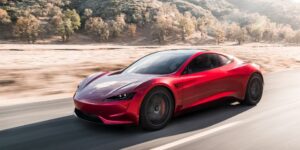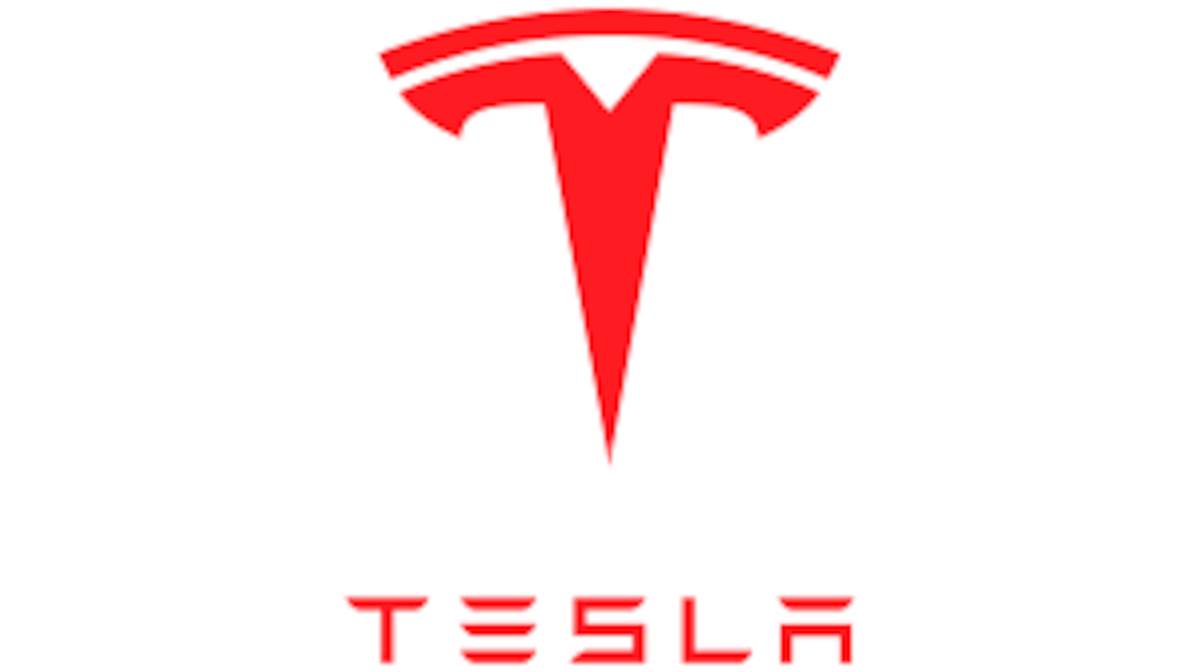Tesla has reached a significant milestone in producing 4680-type cylindrical battery cells, producing 10 million units at its Giga Texas site. The company is still working to ramp up production of the new cells, but the milestone is a significant step forward.

4680 cell
The 4680-type cells are larger and more energy-dense than Tesla’s previous cells and are expected to improve the performance and range of Tesla’s electric vehicles. The cells are also being used in Tesla’s new Megapack battery storage system, which could help to accelerate the transition to renewable energy.
Tesla is not the only company working on developing new battery technologies. Other automakers, such as General Motors and Ford, are also investing in new battery technologies, as are battery companies such as CATL and LG Chem. The development of new battery technologies is essential for the continued growth of the electric vehicle market.
Produced our 10 millionth 4680 cell at Giga Texas this week! pic.twitter.com/0x2CNoDvCR
— Tesla (@Tesla) June 16, 2023
Production
The production of 10 million 4680-type cells is a significant milestone for Tesla, but it is just the beginning. Tesla will need to continue to ramp up production of the new cells to meet demand for its electric vehicles. The company is also developing new battery technologies, such as solid-state batteries, which could have even greater energy density than the 4680-type cells.
Cost
The development of new battery technologies is essential for the continued growth of the electric vehicle market. As battery technology continues to improve, the cost of electric vehicles will continue to decrease, making them more affordable for consumers. This will help to accelerate the transition to a cleaner, more sustainable transportation future.
Tesla is still in the early stages of 4680 cell production, but the company has made significant progress quickly. With continued investment and development, Tesla could be well-positioned to lead the way in the transition to electric vehicles.
Here are some of the key benefits of the 4680 cells:
- Greater energy density: They have a higher energy density than the current 2170 cells, which means they can store more energy in a smaller space. This could lead to a longer range and better performance in Tesla’s electric vehicles.
- Cost-effectiveness: The cells are expected to be more cost-effective than the current 2170 cells. This could help Tesla reduce the cost of its electric vehicles, making them more affordable and accessible to a broader range of consumers.
- Improved performance: The 4680 cells are expected to improve performance over the current 2170 cells. This could lead to faster charging times, more extended range, and better acceleration in Tesla’s electric vehicles.
Conclusion
Tesla’s 10 million 4680 cells production is a significant milestone for the company and the electric vehicle industry. It is a sign that Tesla is making significant progress in developing and producing more efficient and affordable electric vehicles. This could help accelerate the transition to electric vehicles and help reduce greenhouse gas emissions.



































